Essentially, abstract expressionism with minimalism in monotones has a lot of variety and is, thus, a rich artistic treasure when used properly. Monotones are not only colors, but, audio expressions in music, speaking, and recitation of Quran, and further, goes on to be synonymous with an action or working, in the word, 'monotonous'. Perhaps what I am speaking of, here, is fewer tones. I'll give the definition of monotone anyway.
Definition of MONOTONE
1 a succession of syllables, words, or sentences in one unvaried key or pitch
2 a single unvaried musical tone
3 a tedious sameness or reiteration
4 a person unable to produce or to distinguish between musical intervals
5 having a uniform color
With synonyms such as humdrum and monotony there are people that avoid the routine and crave excitement and high risk. And though monotony has a negative connotation it does carry with it many good things, such as, tenacity, diligence, habit, symmetry, focus, methodical, concentration and detail orientation.
Technically, what I am referring to is less inflection or fewer tones (as a measure) (as opposed to only one note), which tends to be less varied and less emotive, yet methodical, measured and rhythmic (Easy to imagine in the example of Quran recitation) "Or a little more; and recite the Qur’an in slow, measured rhythmic tones." ~ Al Muzzamil Ayat 4
The essence of monotone minimalism seems to be it's simplicity, which is its purity. What could be described as using bitter herbs in cooking becomes the pleasant flavor of the expression and as delectable as sweetness. Though, there is nothing wrong with having the occasional sweets, but, everything in measure. (Kind of like in the Asian disciplines and monasteries there is meditation and an occasional resounding, single-toned, bronze gong. Often those tones are very therapeutic for the mind.) Contrast this with emotionalism with its myriad of inflections and you have what is an apparent spice or artificial sweetness that is favored by many an artists, especially in music. The man who sprints in a long distance or cross country race will, most likely, not finish the race. But, that methodical monotone (from which the word monotony is derived) with slight variations (a little more uncommon today in Quran recitation)...there is just something of a hidden richness about its conservancy...it is more conservative and more measured, as contrasted with, emotionalism which is more liberal in its expression.
The trend that is apparently prevalent is emotional or overly emotional expressions, perhaps, because it has an element of an attention grabbing characteristic. (Overly emotive expressions can seem too much or chaotic often times) However, it is a very monotonous act to spin yarn or thread; or to thread embroidery; to harvest and thresh wheat (and there is a peacefulness with many of the menial or routine, mundane activities); to produce calligraphy; to study engineering; to study medicine; to measure with scales, (What many women think about monotone voices in men.) etc. That conservancy can yield a treasure when applied over time or one's life. This gift from Allah (swt) should be cherished and preserved. Because a person should not be made to work hard only to yield little or no fruits, unless they are involved in magic (suhr, jibt, taghut); or injustice (Zilm); or hindering others from the path of Allah (swt); or rejection of Allah; and other similar things as those.
Nabi Sulaimon (infinite saws) said, "A poor man's land can produce plenty of crops, but, injustice sweeps it all away." Even, the silk worm and the honey bee have a monotony about their work, which in turn, requires a monotony on the part of the spinners of silk or the harvesters of honey. Nabi Shuaybi (infinite saws) was sent to the Madyani people...his (saws) main message was measuring with scales just and balanced; and the giving to people what was their just due; and, of course, the tauhid and monotheism of Allah (swt). The Madyani people were an affluent or wealthy people and he saw that their unjust scales were going to be their undoing, in addition, to what Allah (swt), Himself, was going to send as a penalty for cheating scales. But, essentially, it was a way that, naturally, would not succeed. So there is much that should be hoped for in leading a routine, monotonous or monotone life. It is a hope of the poor and oppressed that should not be shattered by corruptions, lies, thieves, pagans, etc.
Concerning nouns (persons, places and things) minimus and nouns maximus, "Allah (God) disdains not to use the similitude of things, lowest as well as highest. Those who believe know that it is truth from their Lord; but those who reject Faith say: "What means God by this similitude?" By it He causes many to stray, and many He leads into the right path; but He causes not to stray, except those who forsake (the path)," ~ Surahtul Baqarah Ayat 26. Also the Messiah (eternal saws) taught, "Matthew 5:19 NLT
So if you break the smallest commandment and teach others to do the same, you will be the least in the Kingdom of Heaven. But anyone who obeys God's laws and teaches them will be great in the Kingdom of Heaven." In addition, the Messiah (eternal saws) taught, "Matthew 19:30 NLT
But many who seem to be important now will be the least important then, and those who are considered least here will be the greatest then." We do have to be careful of the tone we take with Allah (swt) and remember to reverence our Guardian Lord, Most High. "Proverbs 20:25 NLT It is dangerous to make a rash promise to God before counting the cost." ~ Nabi Sulaimon (infinite saws) I have been reflecting on Abstract Expressionism Minimalism in Monotones of the likes of the painter Callum Innes. Though, I tend to think in concrete terms, this analysis of Innes was a stretch. Maybe I need to tone down the abstract thinking and figurative language. :) Below are some of the pieces that I've replicated and created. I guess I am on to the next artist.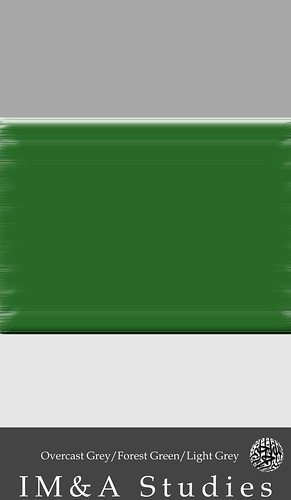
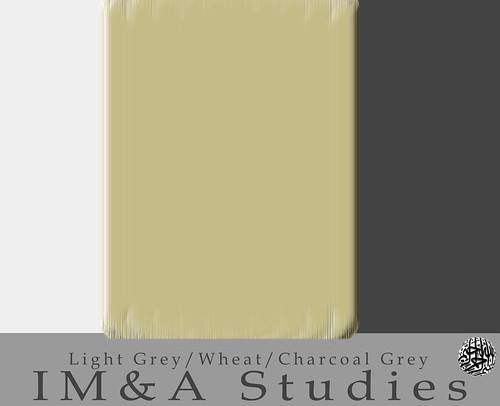
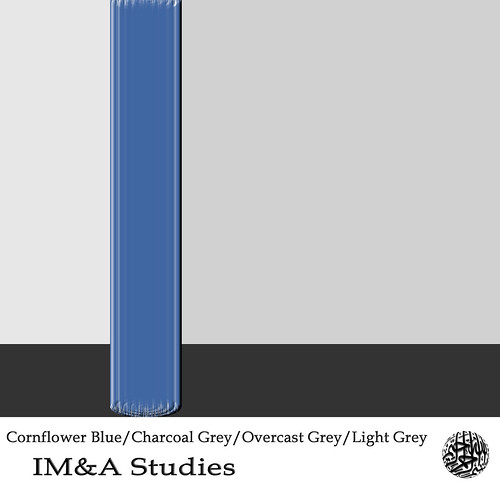
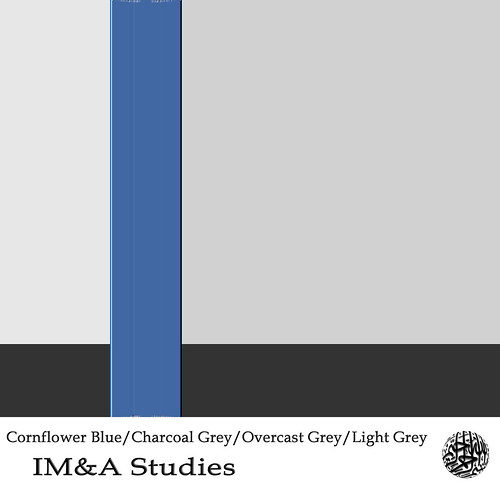
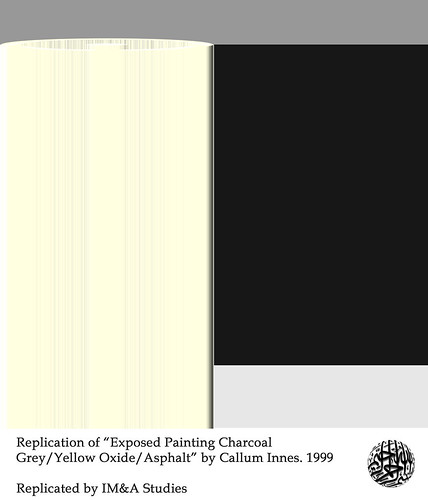
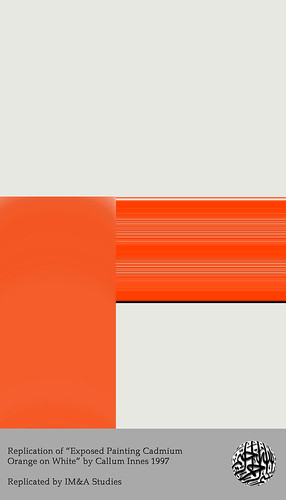
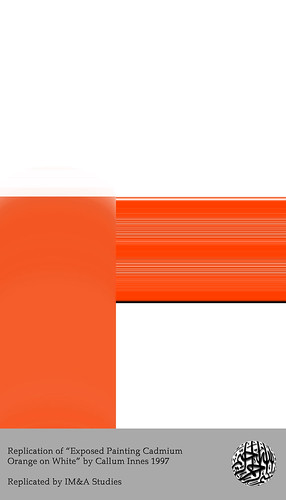
A series of Blogs and Notes on the Ayats of Quran; Verses of Bible; & USA Muslim Economy. Please excuse any errors from me (in some notes thoughts are all over the place) the good of it is from Allah.
Monday, July 4, 2011
Reflections on Abstract Expressionism and Minimalism with Monotones
Labels:
Abstract,
Allah,
Expressionism,
Islam,
Minimalism,
Monotones,
Reflections,
Textiles,
Texts,
Textures
Subscribe to:
Post Comments (Atom)
No comments:
Post a Comment